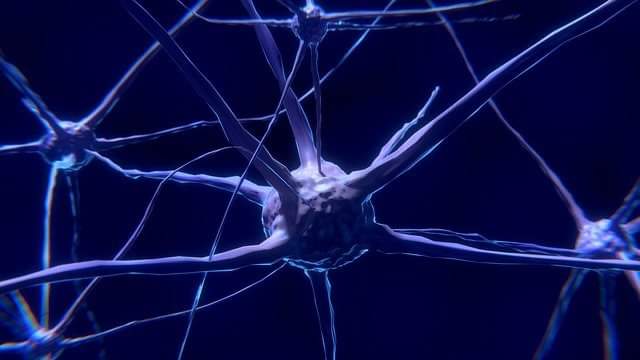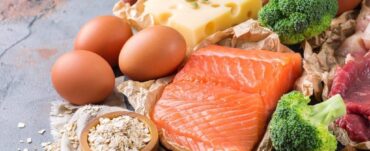There is a lot of attention to the impact of nutrition on your brain, but have you considered your nerves? Nerves are present all through your body and send messages to your brain. Sending the right message to your brain is vital for your body to function as it should and to maintain health.
Your nerves require nutrients to be able to function optimally. There are specific vitamins, minerals, fat, and proteins which play an important role in your nerve health. These include:
DHA which is a component which one of two components which make up marine omega-3 fat is a key part of neuronal membranes. Neuronal membranes are the barrier which encloses the fluids which care for the metabolism of your nerve cell. This important role of DHA is seen specifically at the sight of where nerve signals are created. Omega-3 fat also ensure the viscosity of the lipid or fat double layer in your cells is optimal.
Seafood especially fatty fish like salmon, herring or sardines will provide your body with a good source of omega-3 fat. Other good sources are seaweed and algae, flaxseeds, chia seeds and walnuts
Vitamin B12 or Cobalamin is critical for normal central nervous system functioning. It assists in creating the coating which protects your nerves and helps protect each nerve called the myelin sheath. When myelin sheaths are no longer protecting your nerves diseases like Alzheimer’s Disease can result.
Animal based foods are a good source of B12 like lean meat, seafood, dairy and eggs.
These three B vitamins play an important role in regulating normal nerve signalling throughout your body.
Seafood provides a good source of these three B vitamins. Vitamin B1 is found in high amounts in shellfish like oysters and mussels. Also foods like wholegrains, nuts, seeds, leafy greens, dairy, eggs and legumes.
These two minerals are important for regulating the electrical signals sent by your nerves. When these signals fail to work properly diseases such as epilepsy can result.
Seafood are great sources of potassium. Fish with bones like salmon and sardines are good sources of calcium. Also foods like dairy, almonds, broccoli and tofu are a good source of both these minerals.
This amino acid plays a role as a neurotransmitter or chemical messenger which sends a signal from one of your nerve endings to a second nerve.
Seafood, dairy, turkey, chicken, oats, nuts and seeds provide good sources of tryptophan in all its quality products.
Take home message: Your entire body is affected by the nutrition you decide to feed your body. Make sure you are selecting a variety of food which not only satisfy your taste buds but also look after your body’s functions.
References:








